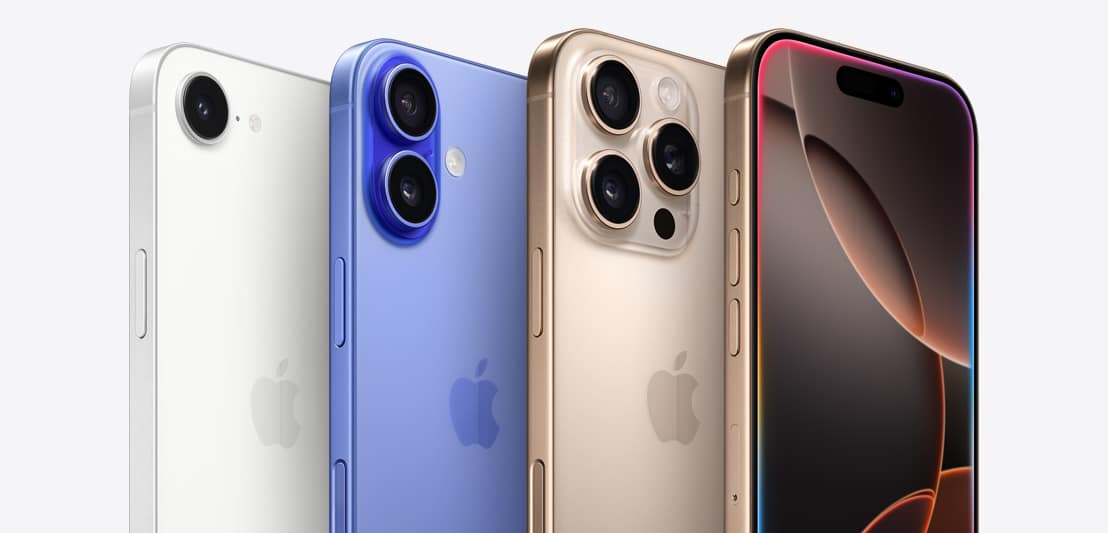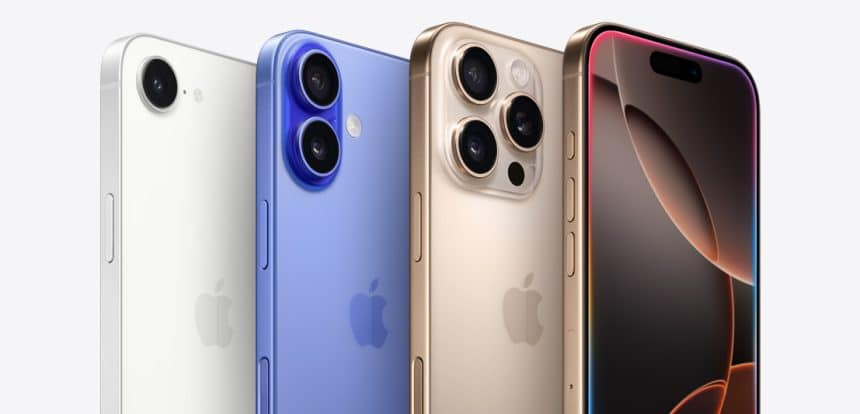Apple often faces criticism for lagging behind Samsung and Google in artificial intelligence. Samsung promotes Galaxy AI across its newest phones, while Google highlights Gemini tools in the Pixel 10. Apple, however, has taken a slower approach, delaying upgrades to Siri while preparing to roll out Apple Intelligence with iOS 18.
Despite this, a survey by CNET and YouGov found that only 11% of U.S. smartphone buyers upgrade for AI features. That’s down from last year. Instead, 62% of buyers care most about price, 54% about battery life, 39% about storage, and 30% about camera quality.

What Buyers Actually Want
Consumers say they want phones that are affordable, last longer on a single charge, and hold more data. Apple’s recent models reflect this. The iPhone 16e emphasizes affordability, while the iPhone 16 Pro Max improves battery life and camera performance. Interestingly, a slimmer design—rumored for the iPhone 17 Air—appeals to just 7% of buyers.
Even when AI tools are available, few people use them. Only 13% of respondents said they use AI to summarize text, 8% to generate images, and 7% to edit photos. Roughly 20% admitted they don’t know how to use their phone’s AI at all.
Why Apple’s Strategy Works
This survey reveals a gap between tech company marketing and customer demand. While Samsung and Google race to push AI, Apple continues to focus on features people use every day. The company built its reputation on privacy, reliability, and seamless integration—qualities that still matter more to buyers than AI gimmicks.
Apple’s advantage lies in waiting until AI tools feel practical. If the iPhone 17 offers stronger battery life, better cameras, and only modest AI improvements, that may be enough. People don’t want to pay more for AI, nor do they fully trust it with personal data. Apple’s timing, therefore, could prove just right.












